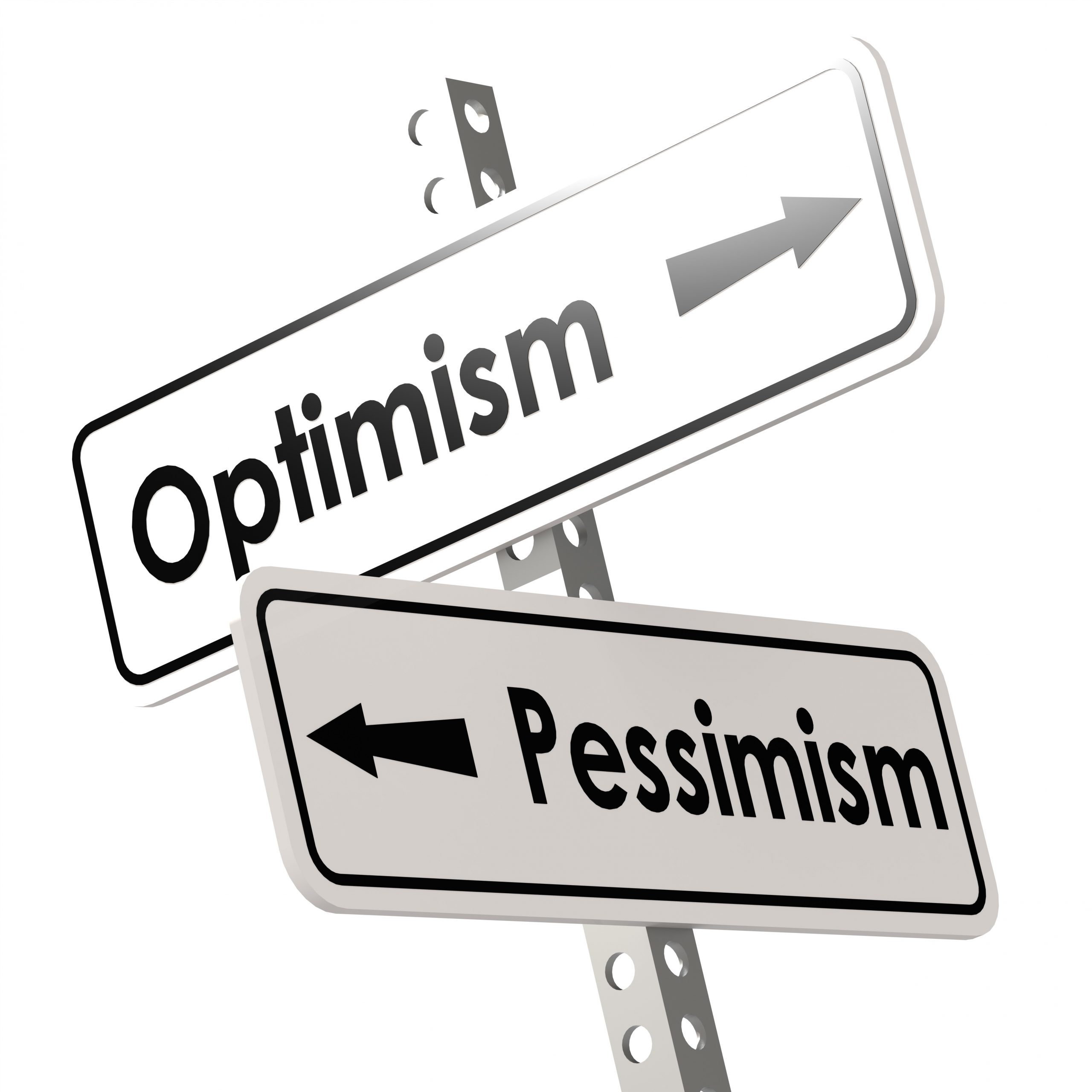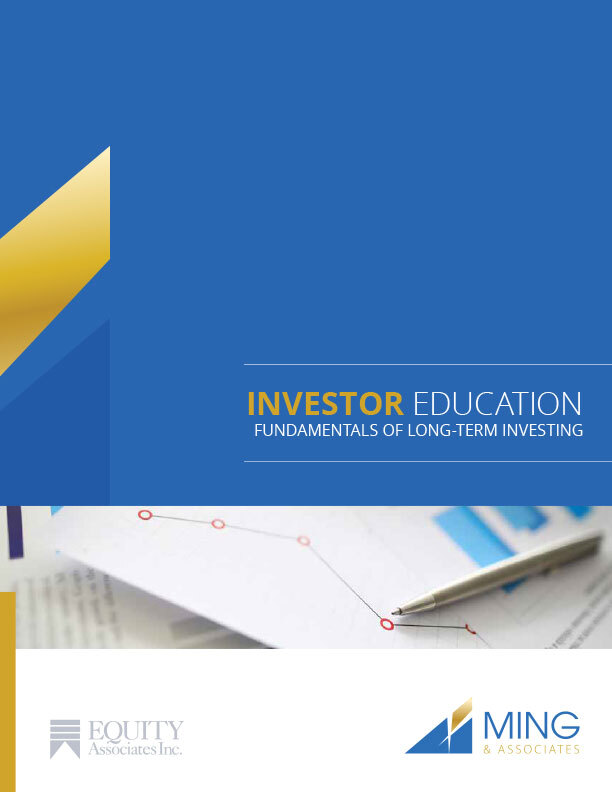The past 12 months have not painted a pretty picture for stock markets around the world. The last few years made investing look easy, and this year has served as a little reminder that successful long-term investing is anything but easy. With all the negative headlines, you may ask “What helps us sleep at night?” It certainly has a lot to do with the fact that while it might feel like we’re in unprecedented times, as far as the stock market is concerned, this decline is quite ordinary. It is important to remember that we don’t get caught up in the hype, and continue to only recommend sound, proven investments for our clients.
Where do things go from here? With the average bear market decline being 32.7% and lasting 367 days, it is safe to say we are still some distance from average. So, could things get worse before they get better? The short answer is yes!
As behavioural finance author Morgan Housel writes:
“If you can accept that it might get worse before it gets better, and if you can accept that declines lay the foundation for future returns, you will be much better off than the person who thinks otherwise.”
“Investing in your long-term future is of course great, because the odds that you’ll be around and everyone else will become more productive are pretty good. But trying to predict the exact path we’ll take to get there can be such a waste of resources. I describe my forecasting model as “good enough.”
As we read his model of “good enough” we could not help but smile not only at the sheer simplicity he writes with, but also how each point aligns with our guiding principles (shown in brackets) for long-term success.
He continues to say:
- I’m confident people will solve problems and become more productive over time. (Faith In the Future)
- I’m confident markets will allocate the rewards of that productivity to investors over time. (Patience)
- I’m confident in other people’s overconfidence, so I know there will be mistakes and accidents and booms and busts along the way. (Discipline)
“It’s less about admitting that we can’t forecast, and more about acknowledging that if your forecast is merely good enough, you can invest your time and resources more efficiently elsewhere in life”
We know that in the short term, economies are largely driven by the behavioural habits of its people. If history has taught us anything it is that human behaviour is anything but predictable. If human behaviour is unpredictable; we ask, how can the short-term direction of the economy be forecasted accurately? (hint… it can’t)
Sources:
https://theirrelevantinvestor.com/2022/09/24/back-to-basics/
https://collabfund.com/blog/good-enough/

